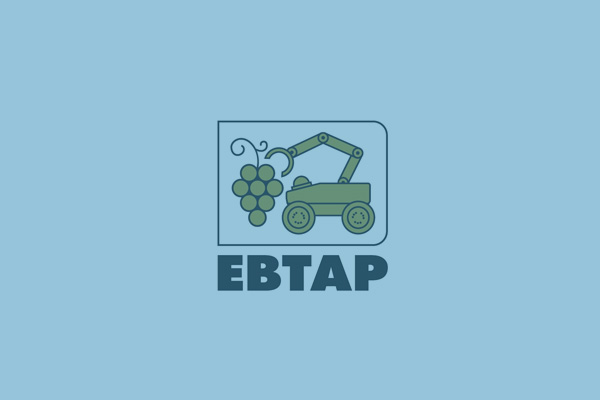Lecture: Design of pedagogical assistant robots in a Cyber-physical framework: Challenges and perspectives.
Dr. Maya Dimitrova. Lecture Title: Design of pedagogical assistant robots in a Cyber-physical framework: Challenges and perspectives. 2017 April 24 – 28, “Erasmus+” visit From the lecture From the business dinner
Dr. Maya Dimitrova. Lecture Title: Design of pedagogical assistant robots in a Cyber-physical framework: Challenges and perspectives. 2017 April 24 – 28, “Erasmus+” visit From the lecture From the business dinner


 Greek
Greek







